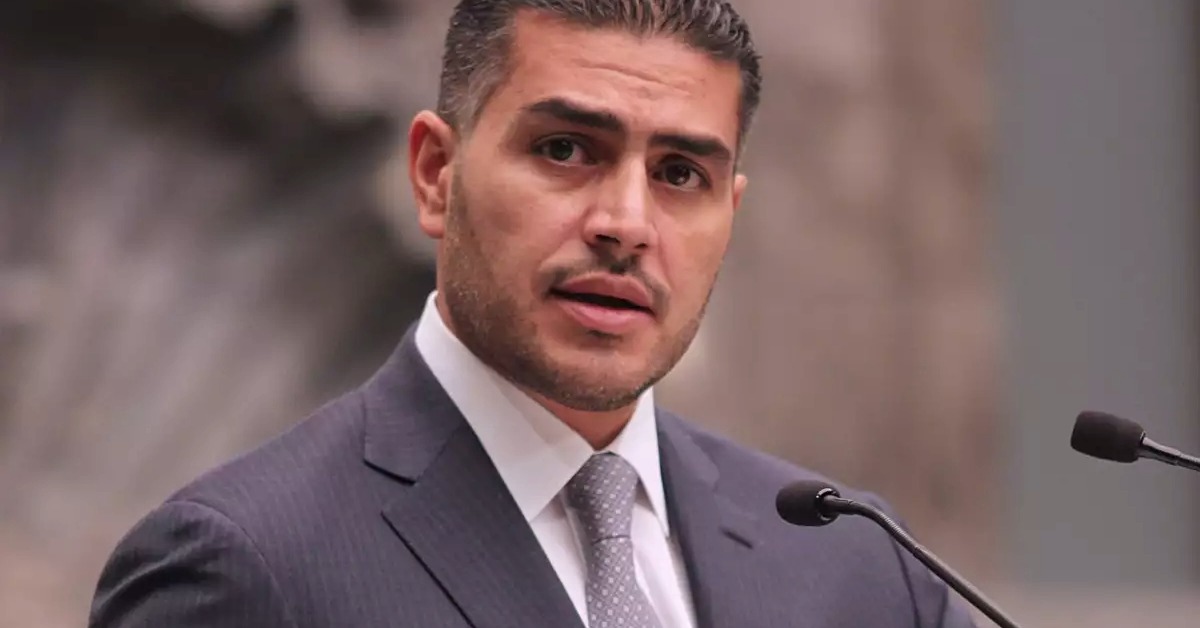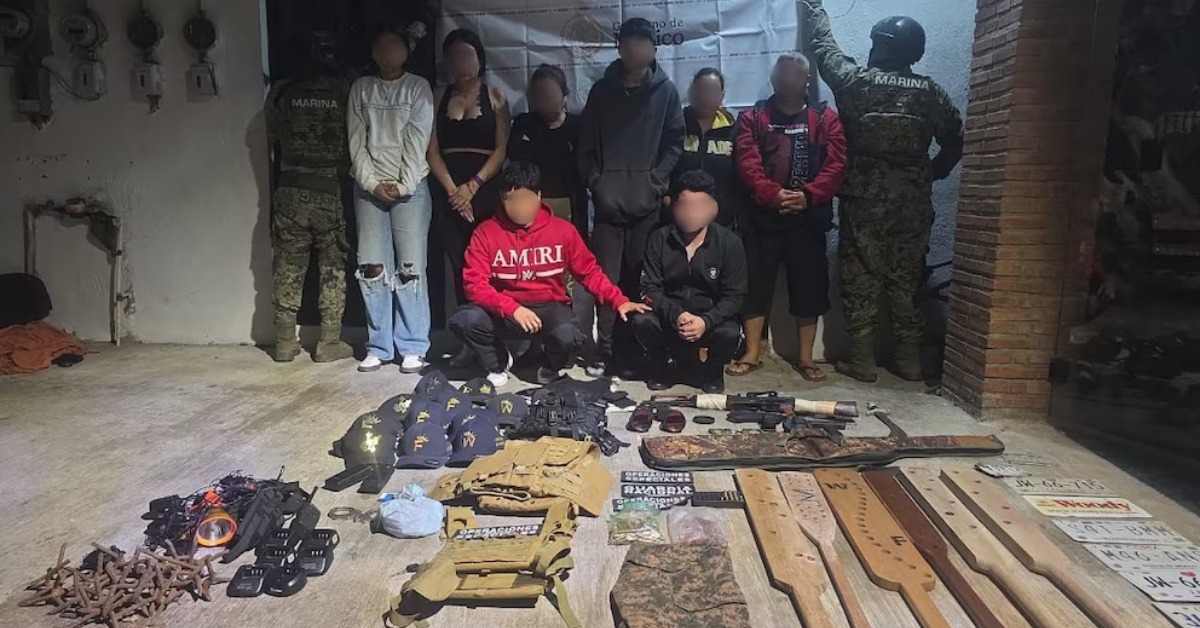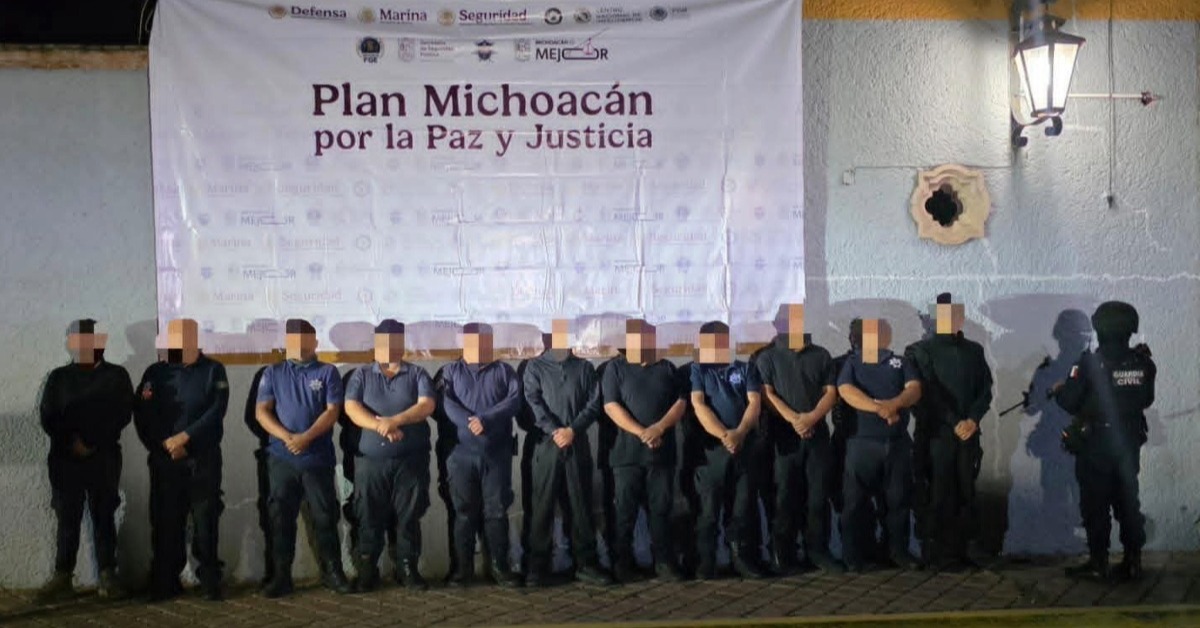The U.S. Treasury Department has sanctioned Mexican rapper El Makabelico for allegedly helping launder money for the Northeast Cartel (CDN), marking a rare move against a public figure in the growing world of narco music.
In a statement released August 6, the Office of Foreign Assets Control (OFAC) said El Makabelico—real name Ricardo Hernández—acted as a financial operator for CDN by funneling illicit proceeds through music royalties and live events.
The move freezes any assets connected to Hernández within U.S. jurisdiction . . .






